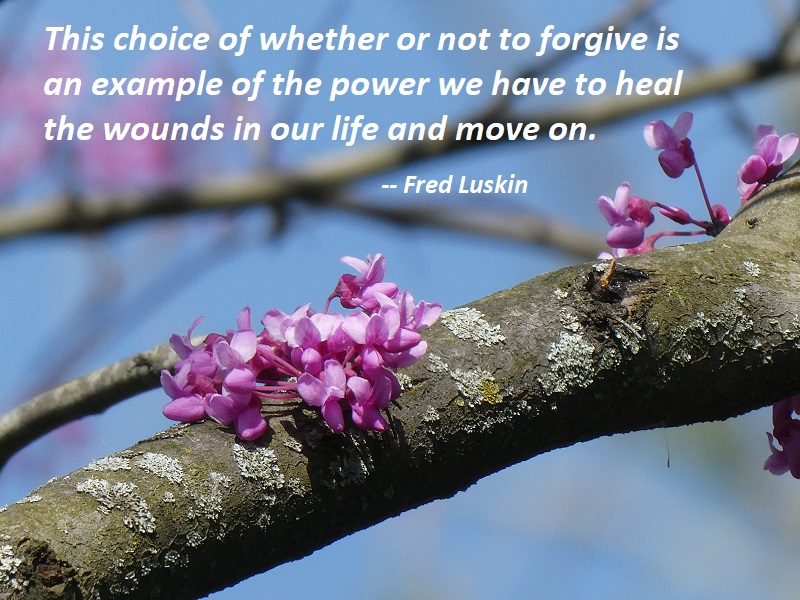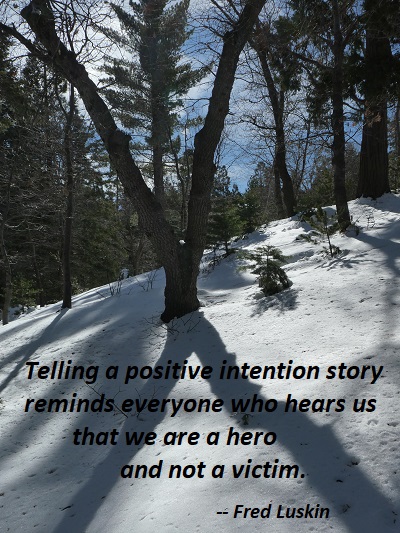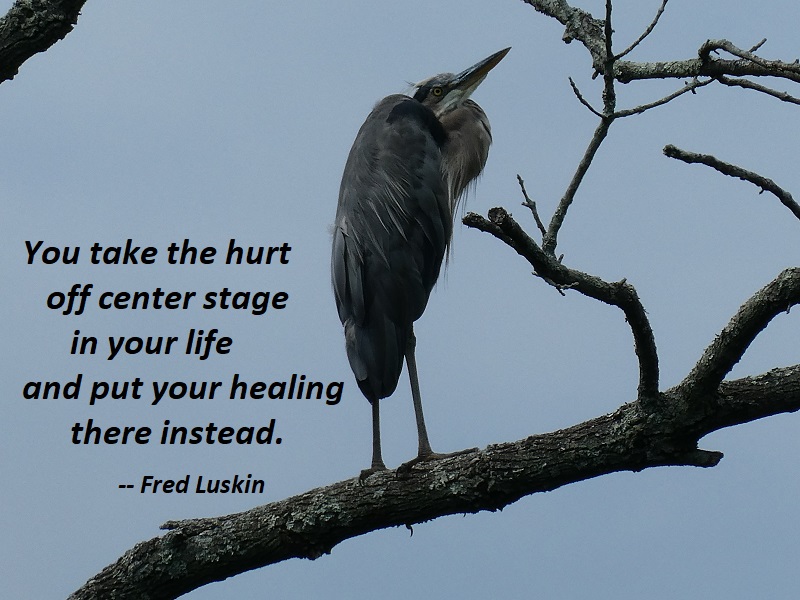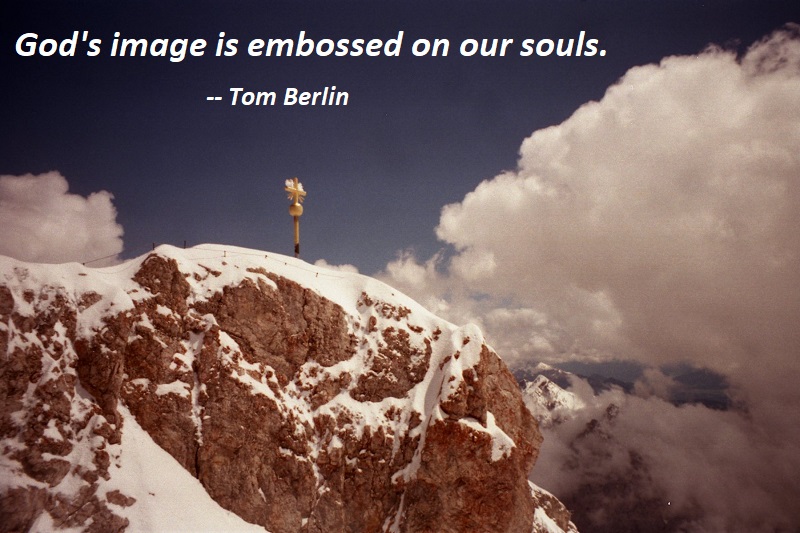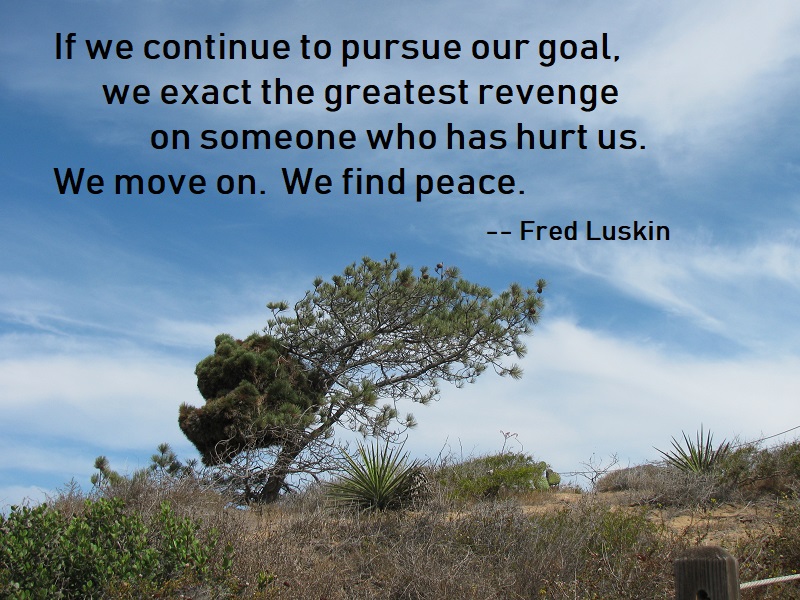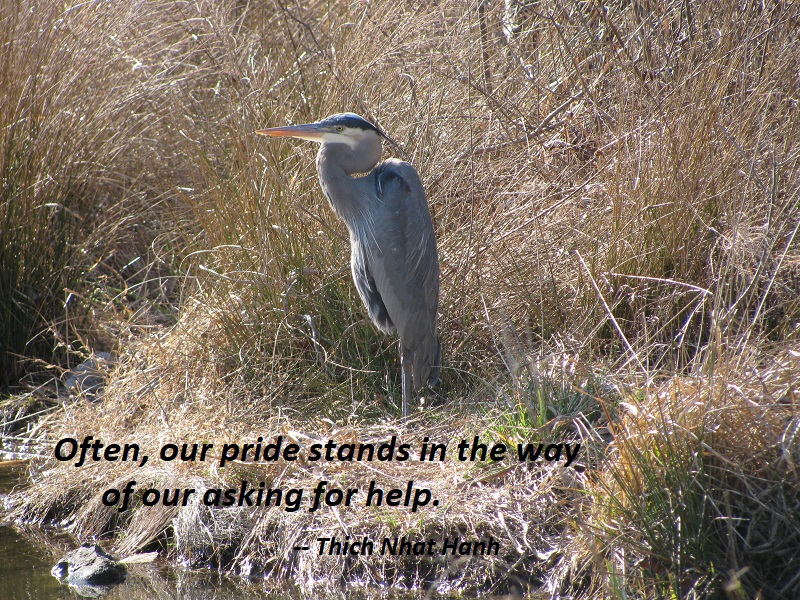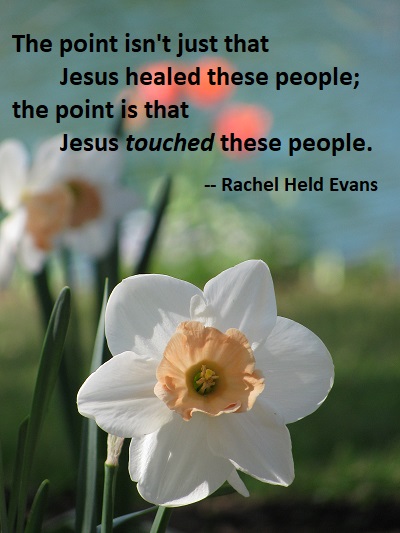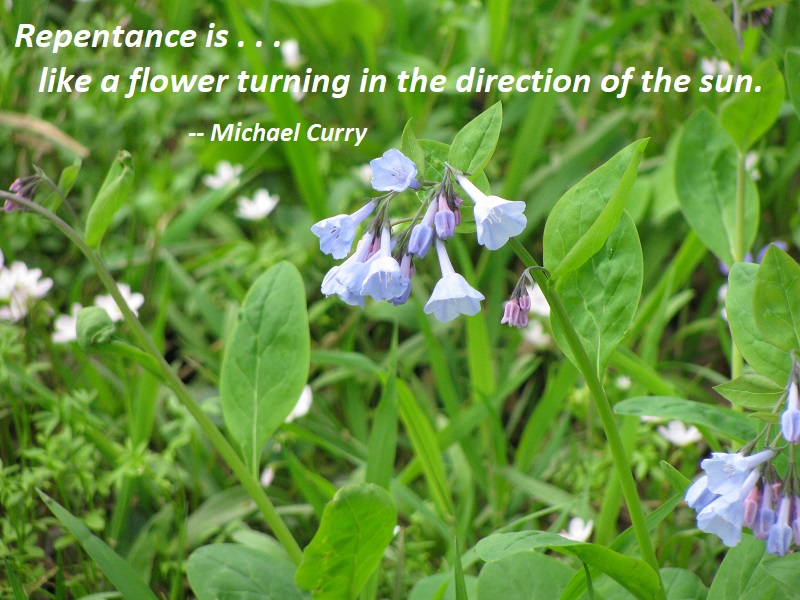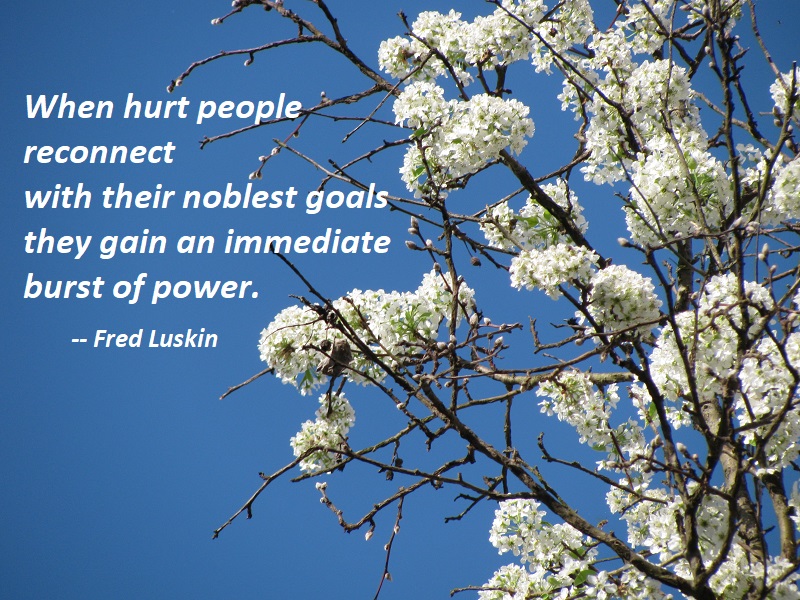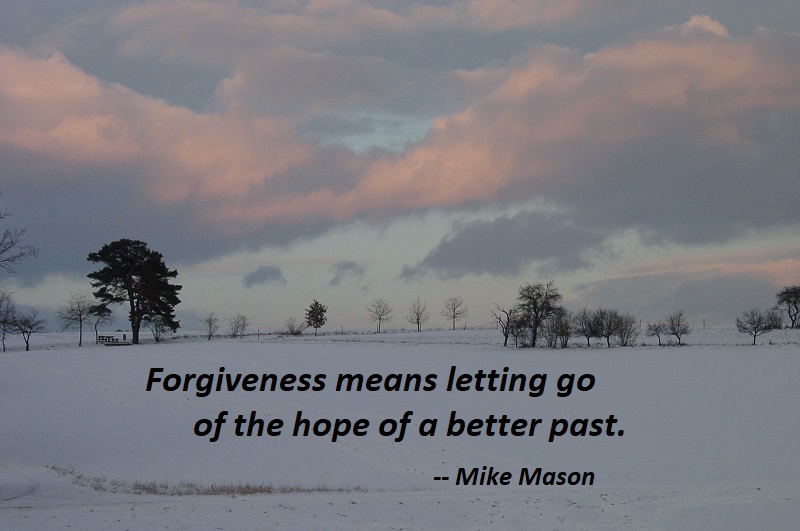The Forgiveness Choice
Other people can hurt us, but only we choose how to react. Each of us has the choice to forgive or not to forgive, and no one can force us to do either. If I want to forgive someone, no one can stop me, no matter how poorly the offender may have acted. This choice of whether or not to forgive is an example of the power we have to heal the wounds in our life and move on.
Because we can choose to forgive, we have a choice also about whether or not to take offense in the first place. My understanding of forgiveness suggests the radical notion that life would improve if we rarely or never used the power of choice to take offense. Since we have choice, wouldn’t it make sense to limit the amount of times we are hurt or offended?
When you have practiced forgiveness on a couple of hurtful situations, you soon find that you have become a more forgiving person. You may notice you are less inclined to get angry or that you feel more patient with people. Forgiveness — the ability to live life without taking offense, without giving blame when hurt, and by telling stories that reflect peace and understanding — is a choice that can be practiced in a host of situations. Forgiveness, while not the only choice, is a skillful way to deal with the “slings and arrows of outrageous fortune.”
— Fred Luskin, Forgive for Good, p. 178-179
Photo: South Riding, Virginia, April 7, 2020
